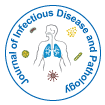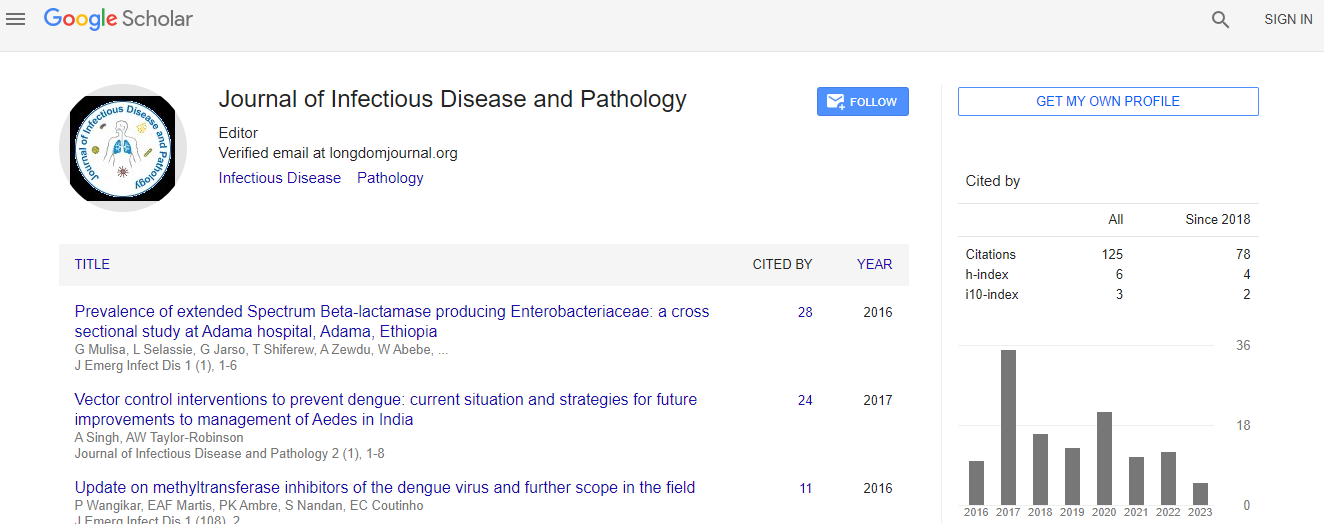Note on Global Infectious Diseases
*Corresponding Author:
Copyright: © 2021 . This is an open-access article distributed under the terms of the Creative Commons Attribution License, which permits unrestricted use, distribution, and reproduction in any medium, provided the original author and source are credited.
Abstract
Global infectious diseases, along with awareness that medication resistance, sanitation, economic and environmental influences have facilitated both re-emergence and elevated mortality, are new and re-emerging infectious diseases that were once unknown or believed to be fading. AIDS, TB, malaria, pneumonia, and cholera are major infectious diseases.
The first two decades of the New Millennium have faced a variety of threatening healthcare issues. Emerging viral outbreaks, including SARS in 2004, MERS-CoV in 2012, Ebola virus epidemic in West Africa in 2013-16 and most recently in the Democratic Republic of Congo, and the latest SARS-CoV-2 pandemic, are the most troubling risks to humanity in the microbial environment. While evolving viral pandemic infections, due to their rapid dissemination, endanger nations, infectious diseases go beyond COVID-19.

 Spanish
Spanish  Chinese
Chinese  Russian
Russian  German
German  French
French  Japanese
Japanese  Portuguese
Portuguese  Hindi
Hindi 